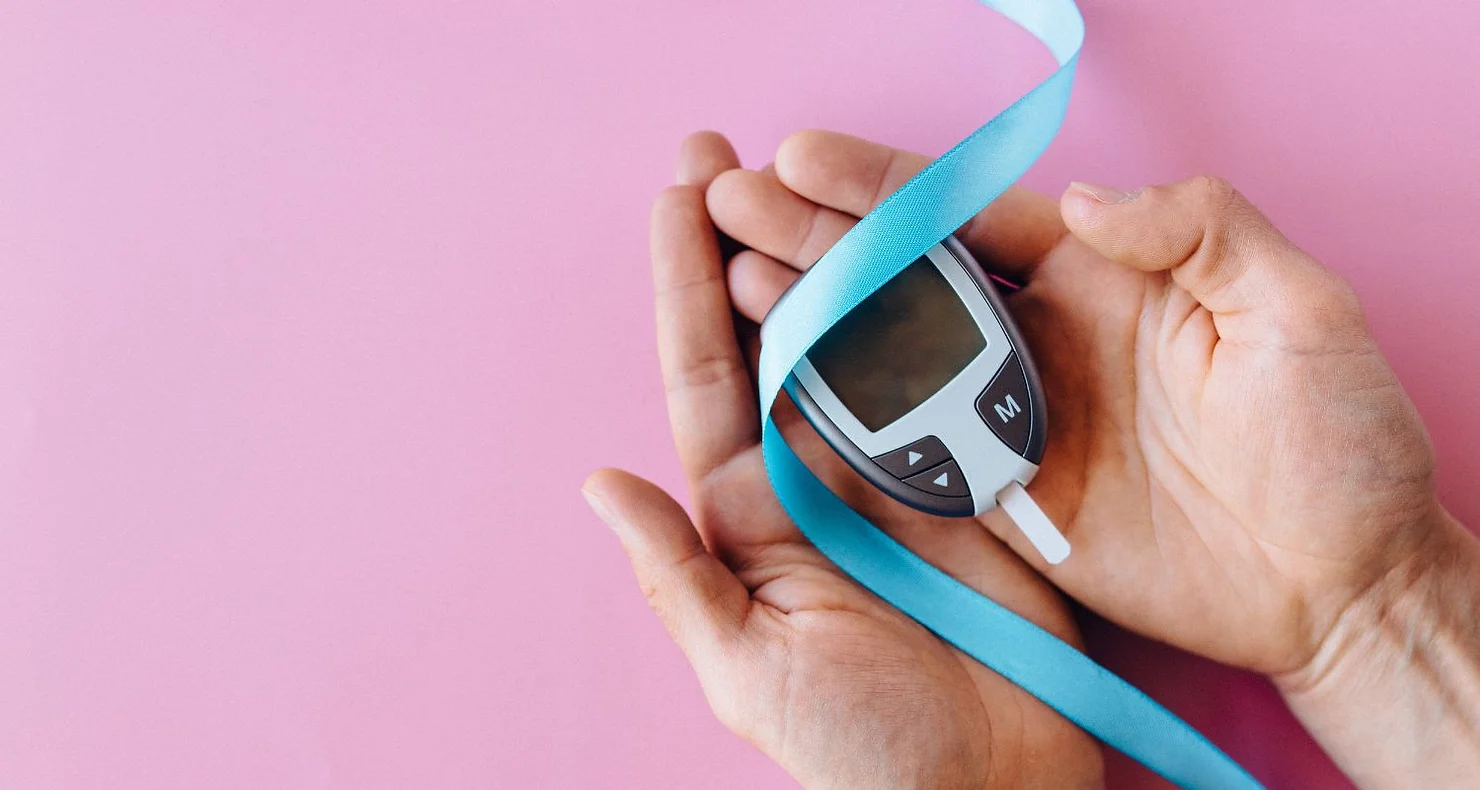
November is American Diabetes Month – a campaign that raises awareness about diabetes and the resources people can access to better serve their health. According to the American Diabetes Association, an estimated 38 million people have diabetes in the United States. Additionally, nearly 1.5 million people are diagnosed every year and over a third of adults are prediabtic. These figures highlight that diabetes is a significant health issue people navigate today. Diabetes can impact health in several ways including increasing the risk of hearing loss.
Studies show that people with diabetes can be more than twice as likely to develop hearing loss. Hearing loss is a permanent medical condition that reduces capacity to hear and process speech as well as sound which can have multifaceted effects on everyday life, health, and wellness. This November is a great reminder to prioritize care for diabetes and hearing health which can reduce your risk of hearing loss.
Diabetes & Hearing Loss
It is well known that diabetes can lead to kidney and heart complications. But another underrecognized effect of diabetes is hearing loss. Research shows that there is a significant correlation between diabetes and hearing loss. A groundbreaking study that examines this link was conducted by the National Institutes of Health. Researchers evaluated diabetes and the hearing health of 11,405 participants. Participants included people with and without diabetes. Researchers found that among adults with diabetes:
-
21% experienced a mild or greater hearing loss of low or mid-frequency sounds compared to 9% of adults without diabetes.
-
54% experienced a mild or greater hearing loss of high-frequency sounds compared to 32% of adults without diabetes.
-
Adults with prediabetes had a 30% higher rate of hearing loss
These findings show that people with diabetes were much more likely to experience hearing loss compared to those without diabetes. Lead researcher of the study, Catherine Cowie Ph.D., remarked that “hearing loss may be an under-recognized complication of diabetes. As diabetes becomes more common, the disease may become a more significant contributor to hearing loss.”
Impact of Diabetes on Hearing Health
Further research shows that diabetes is a risk factor for hearing loss. While exact ways that diabetes can cause hearing loss remains unclear still, experts have a few ideas. Diabetes is associated with high blood glucose levels which is caused by a lack of insulin production or the body not using insulin it produces efficiently. Experts suggest that this can damage blood vessels and nerves in the body including the inner ear where sound waves are processed.
Damaged blood vessels in the inner ear can weaken sensory cells that are in the cochlea which play a critical role in how sound is processed. These sensory cells – there are thousands in each ear – convert incoming soundwaves into electrical signals that get sent to the brain. The brain is then able to further process and assign meaning to these signals, allowing us to understand what we hear. Weakened or damaged sensory cells affect their capacity to do this, resulting in the brain receiving less auditory information which causes hearing loss.
Prioritize Diabetes Care
Key to protecting your hearing health is practicing care for your diabetes. It is important to stay on top of your diabetes and to talk to your doctor about the specific ways you can do this. This includes:
-
Measuring blood sugar levels and staying within target levels.
-
Knowing your goals for blood pressure levels and preventing high blood pressure.
-
Reducing cholesterol levels and avoiding high cholesterol which can also damage blood vessels.
-
Quitting smoking which is known to impact circulation and increase health risks.
It is important to ask your doctor what your health goals and numbers should be so that you know the levels you should stay within.
Additional Tips to Protect Hearing Health
In addition to prioritizing care for diabetes, there are more ways you can protect your hearing health including:
-
Getting a hearing test annually. This allows you to track your hearing health and identify any changes you may experience early.
-
Increase physical activity. You can do this by taking a daily walk and stretching which increases circulation and blood flow.
-
Reduce loud noise exposure. This is a common cause of hearing loss so be sure to avoid loud noise as much as possible. You can do this by wearing hearing protection (headphones, earplugs), avoiding noisy settings, and taking listening breaks throughout the day.
Contact us to learn more about how you can protect your hearing health and wellness!
